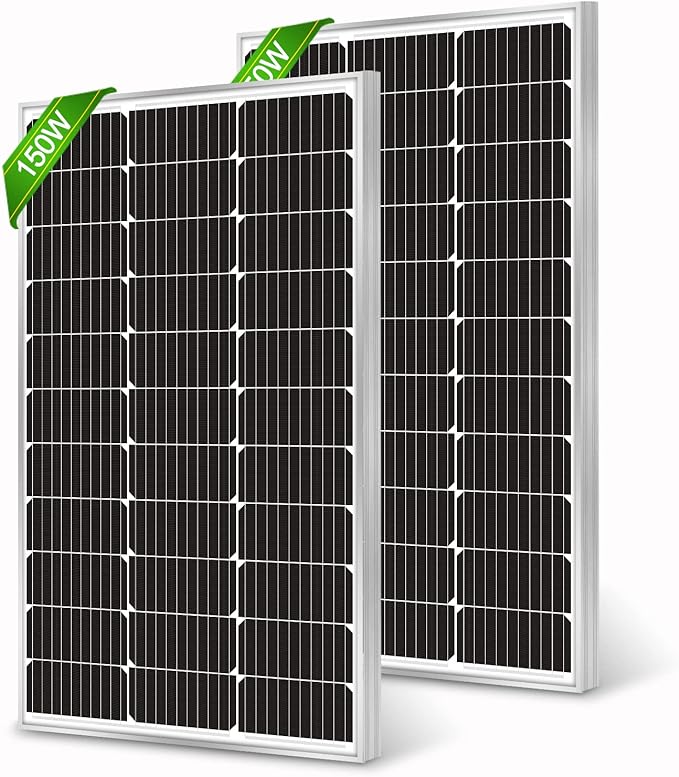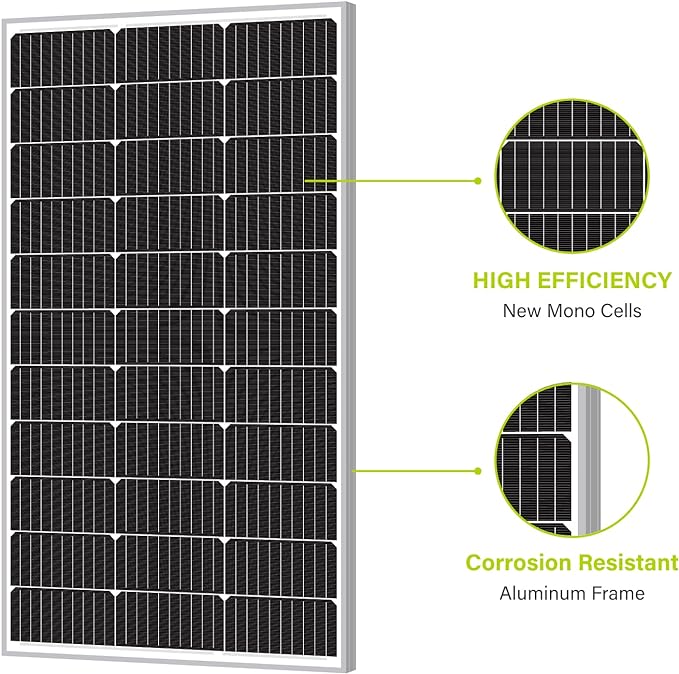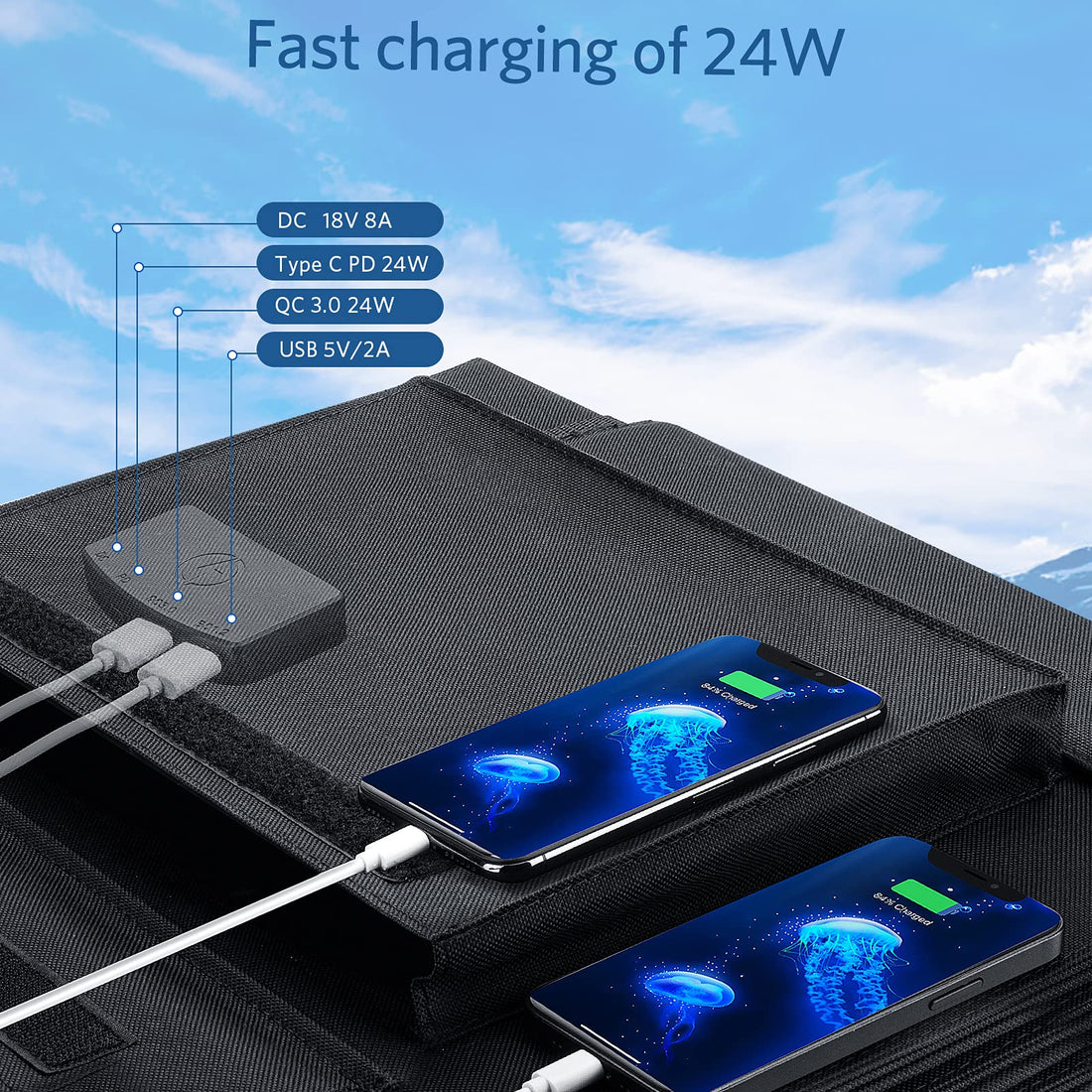Camping Solar Panels
We offer the best in camping-specific solar panels for camping enthusiasts. From lightweight and portable mini solar panels for short hikes or backpacking trips, to roof-mounted high-performance solar panels for large campers, trailers and motorhomes, we have it all.
All solar panels are made of high-quality materials, which are waterproof, dustproof and weatherproof, ensuring stable operation in all kinds of harsh environments. Whether it's charging electronic devices such as mobile phones and cameras, or powering living appliances such as camping lamps and mini-fridges, it's all easy to handle. At the same time, we also provide a series of supporting products, such as solar charge controller, inverter and energy storage battery, etc., to help you build a complete solar power system to achieve true self-sufficiency.
- Featured
- Best selling
- Alphabetically, A-Z
- Alphabetically, Z-A
- Price, low to high
- Price, high to low
- Date, old to new
- Date, new to old






















